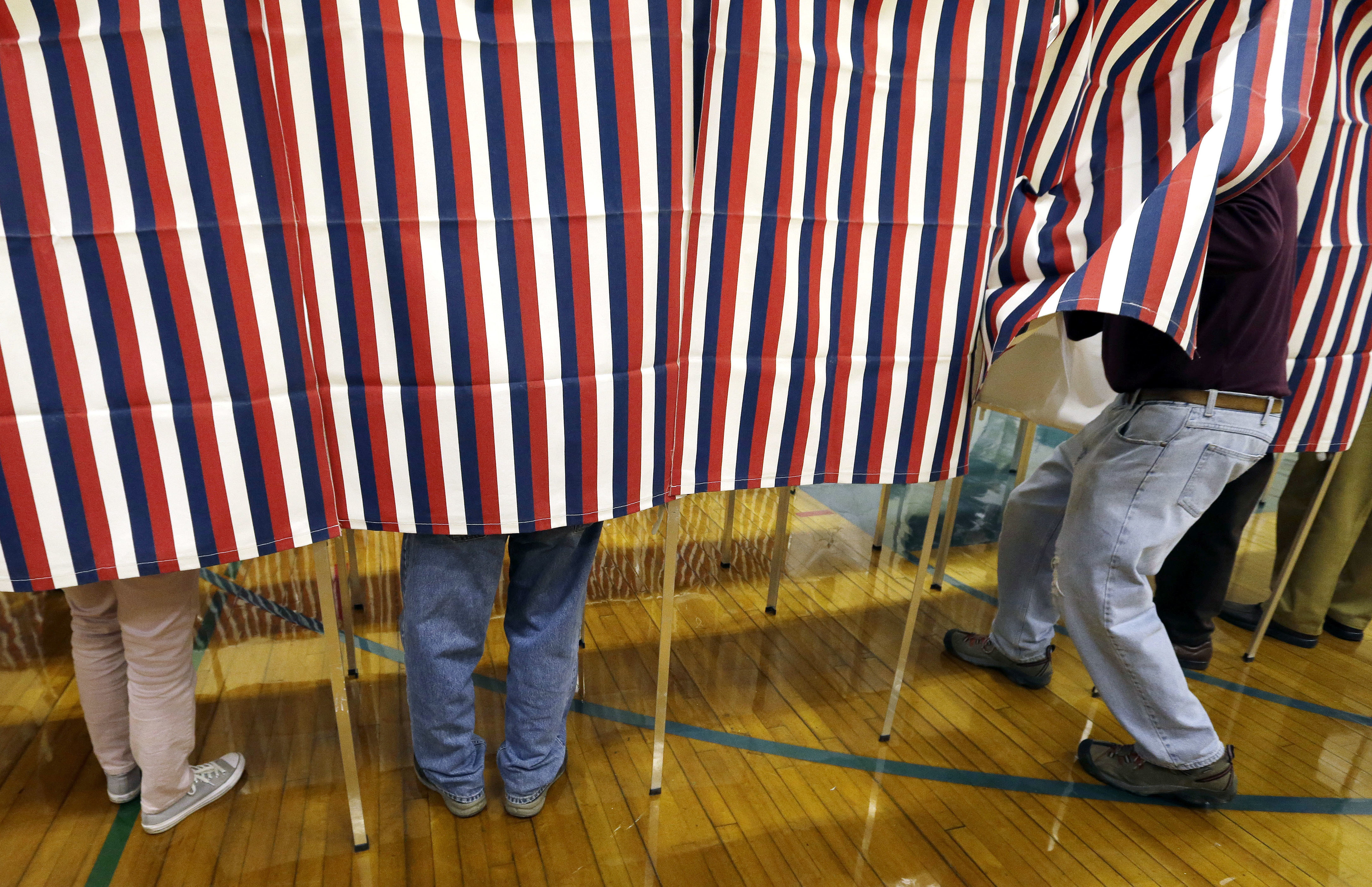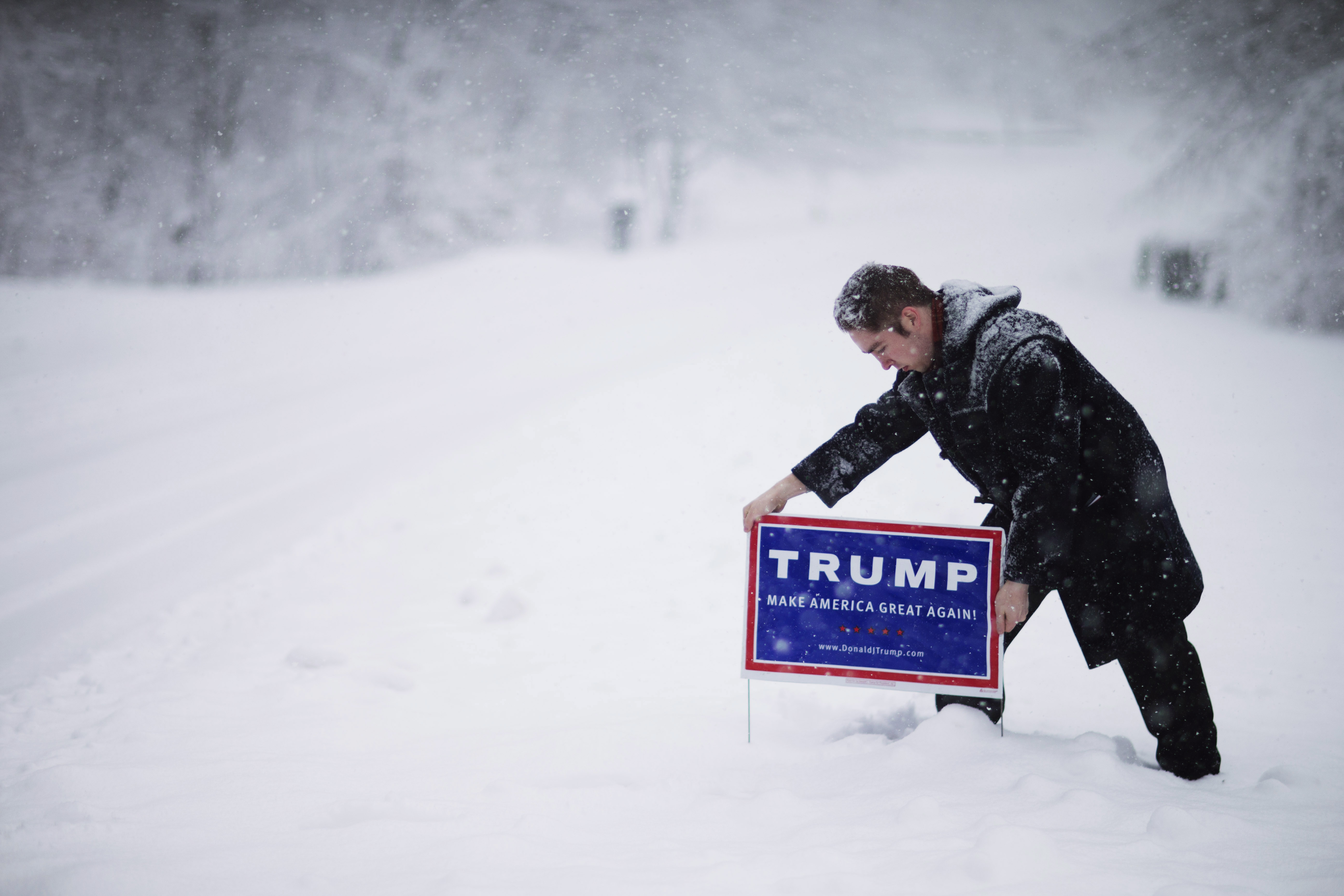AG Investigating Election Law Violations Ahead of Town Meeting

Anonymous election mailers and unsigned political websites are becoming too common in New Hampshire as cities and towns prepare for their school and town meetings, and Attorney General John Formella is advising the public to be wary.
Formella’s office announced Tuesday it is dealing with five election law violations this week, days before the start of the town and school meeting season.
“As the elections are so close, the identities of these individuals may not be known prior to the elections. As a result, (Formella) reminds voters to do their own research on candidates and warrant articles before they vote,” the statement from Formella’s office stated.
Town meeting season, the oldest form of democracy in the United States, traditionally starts the second Tuesday of March. Formella’s office cites five reported cases of election law violations designed to impact voters.
People are encouraged to engage in the elections through mailers, websites, and other forms of campaigning, but they need to follow the law. Political communications and political signs— “express advocacy” communications—are required to have information identifying the person or entity responsible for the advertising, known as “paid-for” disclaimers, under New Hampshire law, the Attorney General’s Office reminded the public.
“Political advertising, mailers, and signs are one of the treasured traditions of New Hampshire elections. They are also a physical expression of people’s First Amendment right of free speech. However, voters also have a right, under New Hampshire law, to know who is issuing political advertising in support or opposition to a candidate or a question on the ballot,” Formella’s statement read.
Two of the five complaints investigated this week resulted in the people responsible being identified.
In Thornton, unidentified flyers were sent directing voters to visit the website “stopthetax.info.” The website, also unidentified, told voters to vote “NO” on certain warrant articles at the March 9 school district meeting.
The Attorney General’s Election Law Unit and Thornton Chief of Police Daniel Gilman tracked the flier and website to a group of approximately 20 Thornton residents, including David Rivers, who is responsible for the “stopthetax.info” website. Bob Hatch was identified as the person who is responsible for the flyers. Rivers was directed to correct the website to comply with the law.
In Milford, anonymous “Community Help LLC” published the website “milfordvoterguide.com” which contains endorsements of candidates and warrant articles on the Milford ballot for the March 14 election. Jeff Horn was later identified as the person responsible, and he will be correcting the website and adding his name to future political material.
However, investigations into three more anonymous websites remain open. That includes Raymond’s “raymondrights.com” website; the “supportnewfields.com” site trying to influence the Newfields elections; and the anonymous mailers in Hollis telling people to vote “no” on the town’s warrant article 2. The Hollis fliers were mailed under a Tampa, Fla. postal permit.
However, the biggest open case of election fraud is from the 2022 Republican primary in New Hampshire’s Second Congressional District. A Democratic-affiliated print shop shipped at least four different illegal mailers designed to influence the GOP primary. The printer, Reynolds DeWalt Corporation, refused to reveal who paid for the mailers, prompting Formella to open an investigation last September.
The mailers were part of a successful effort to get MAGA Republican Bob Burns the GOP nomination, who was handily defeated by Democrat Rep. Annie Kuster in November.
Asked about the status of the illegal mailer case, a spokesperson for the Attorney General’s Office said the investigation remains active and ongoing.




